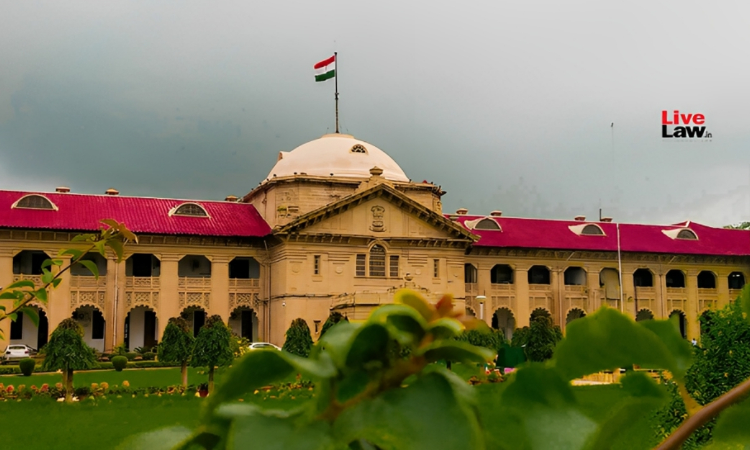‘S. 313 CrPC Not Empty Formality, Not Putting Incriminating Material To Accused Seeking Explanation Causes Prejudice To Him’: Allahabad HC
Sparsh Upadhyay
8 Jun 2023 2:21 PM IST

Next Story
8 Jun 2023 2:21 PM IST
The Allahabad High Court recently set aside a murder conviction on the ground that though the trial court relied upon the dying declaration of the deceased to convict the accused, the same was not put to the accused in his statement recorded under Section 313 CrPC seeking his explanation. The bench of Justice Siddhartha Varma and Justice Manish Kumar Nigam observed that the accused...
